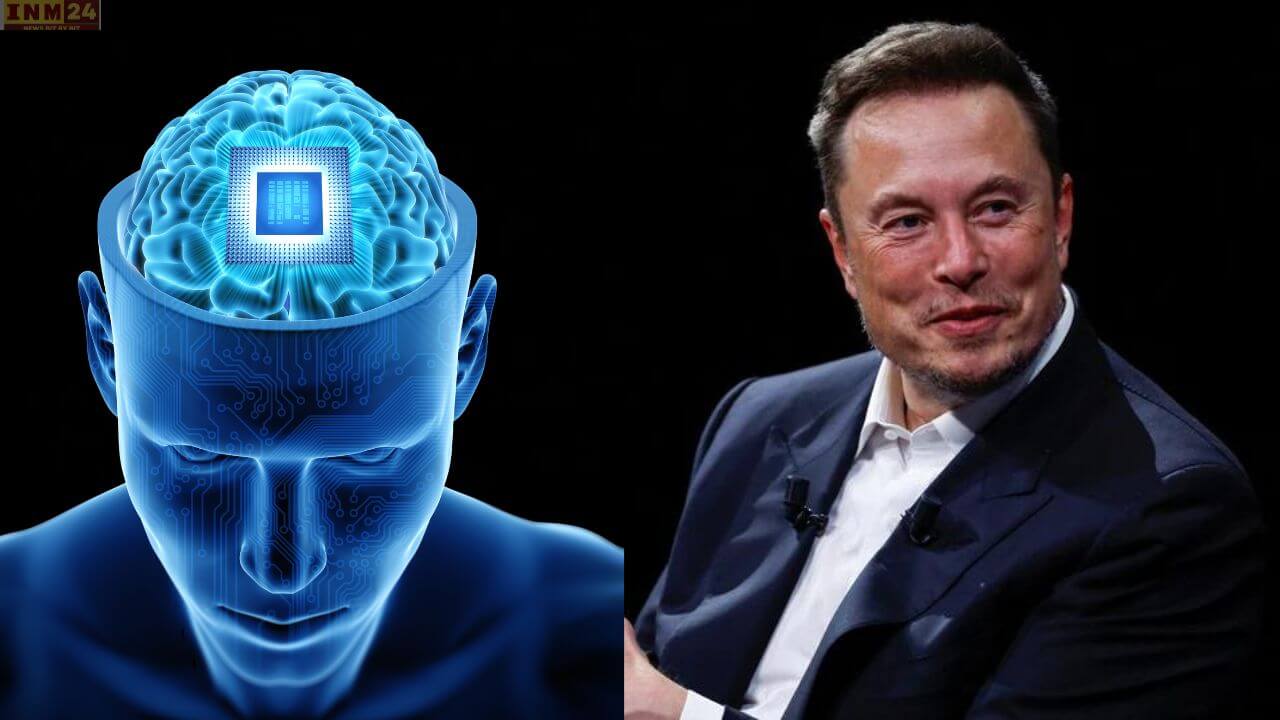Elon Musk’s company Neuralink, which focuses on technology involving implanting chips in human brains, has achieved a significant milestone. A 29-year-old stroke survivor had a Neuralink chip implanted in his brain, enabling him to control a computer and play games using his thoughts.
- Elon Musk has achieved a major breakthrough with Neuralink technology.
- A person has played a computer game using Neuralink.
- The individual has paralysis from the shoulders down.
Neuralink Enables Computer Control
Neuralink, founded by Elon Musk in 2016, aims to revolutionize ways for disabled individuals to interact with the world. The recent video shared by Neuralink shows a person named Noland Urbach controlling a computer cursor solely through his thoughts, playing chess using the technology. Urbach, who is paralyzed from the shoulders down due to a severe accident eight years ago, described the cursor on the screen as him, representing his mental power.
Experience of Surgery
The surgical process for implanting the Neuralink chip involves a refined insertion procedure where a robotic device places thread-like electrodes into the brain, enabling communication between neural activity and computing devices. Reports indicate that individuals undergoing the surgery can return home the same day. Urbach considers himself fortunate to be part of the Neuralink project and describes his daily learning experiences with the technology.
Revolutionary Potential of Neuralink
The Neuralink device, currently undergoing testing, is about the size of a coin. If successful, it could bring about revolutionary changes, including allowing visually impaired individuals to regain sight and enabling paralyzed individuals to walk. In September 2023, Musk’s brain-chip company received approval for human trials, paving the way for testing the device on individuals. However, concerns have been raised regarding the safety and ethical implications of trials, particularly concerning trials involving animals.
Elon Musk’s Neuralink has made significant strides in the field of brain-computer interface technology, offering hope for individuals with disabilities to regain control over their lives. While the technology holds immense promise, further research and testing are necessary to address safety concerns and ensure ethical implementation. If successful, Neuralink could usher in a new era of medical innovation, offering life-changing solutions for individuals with neurological conditions.
